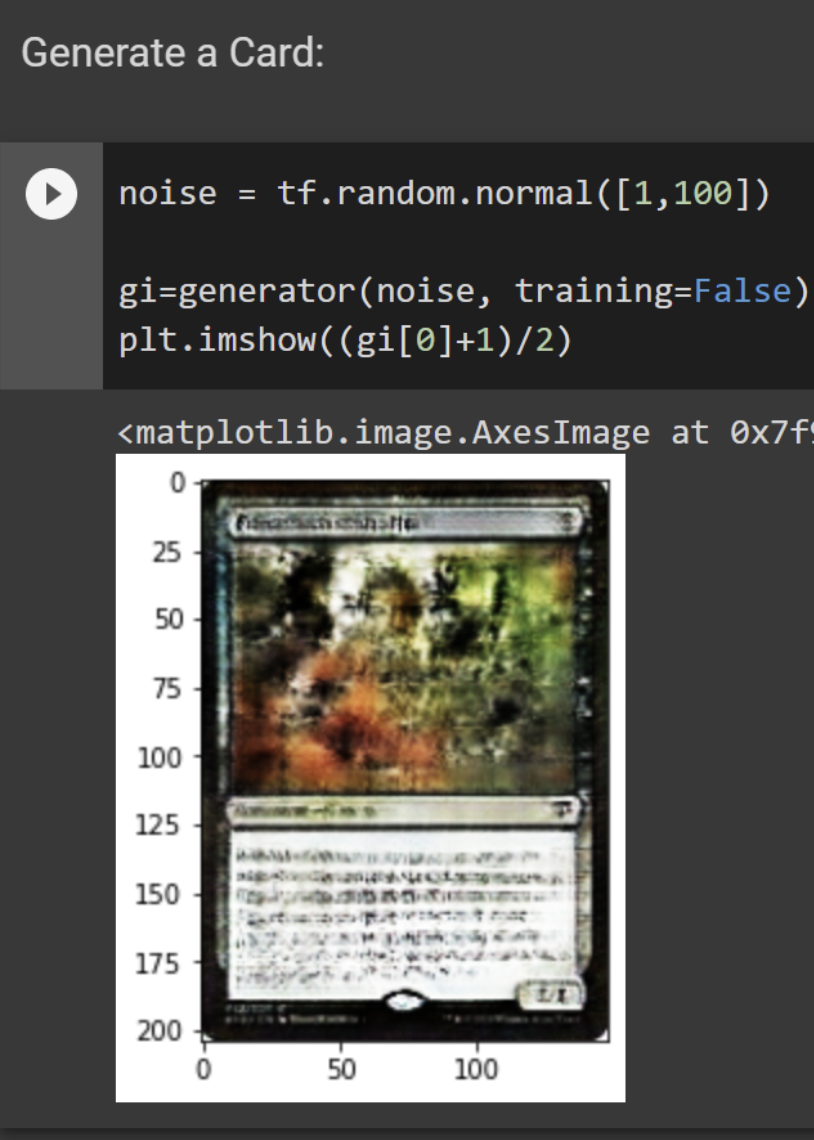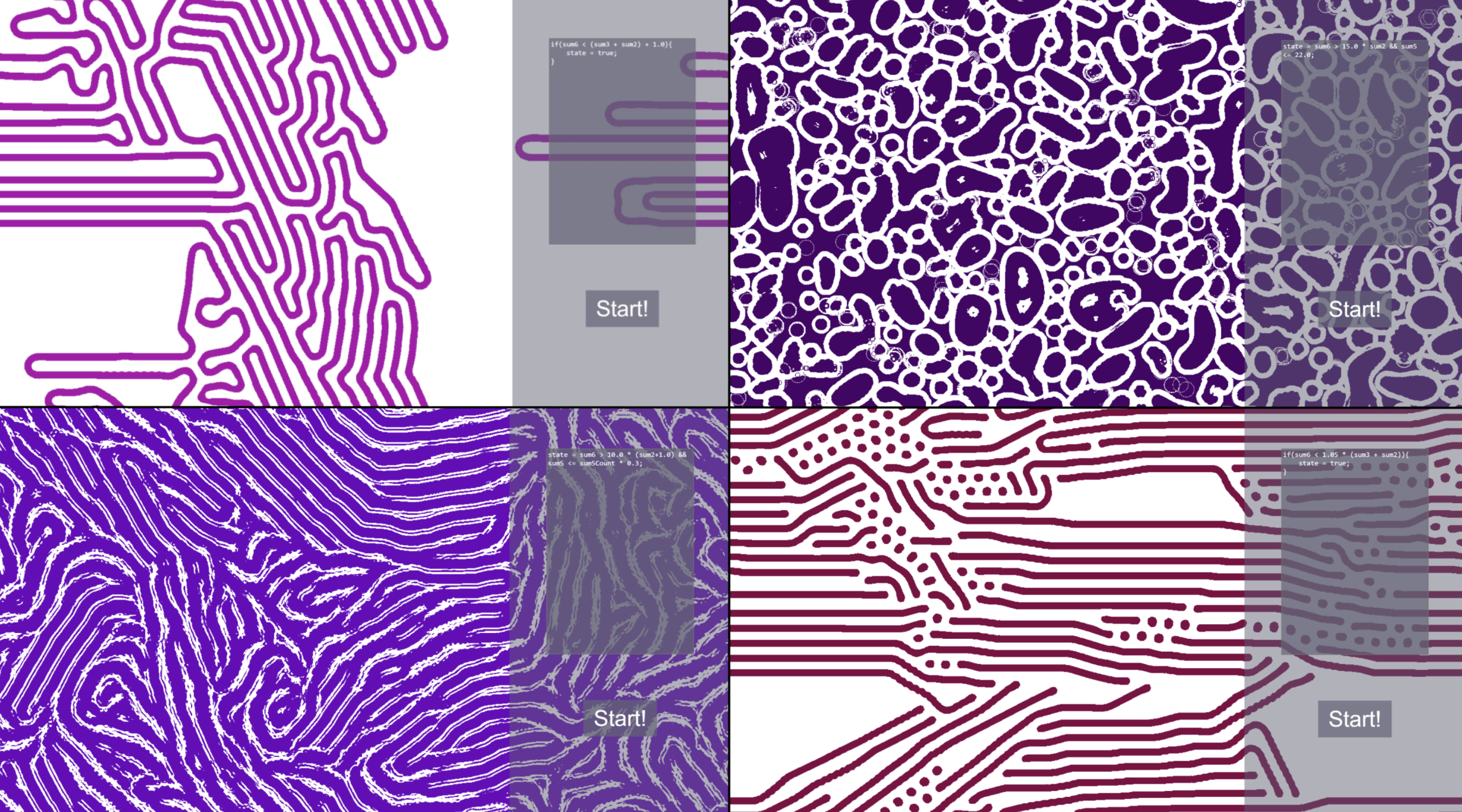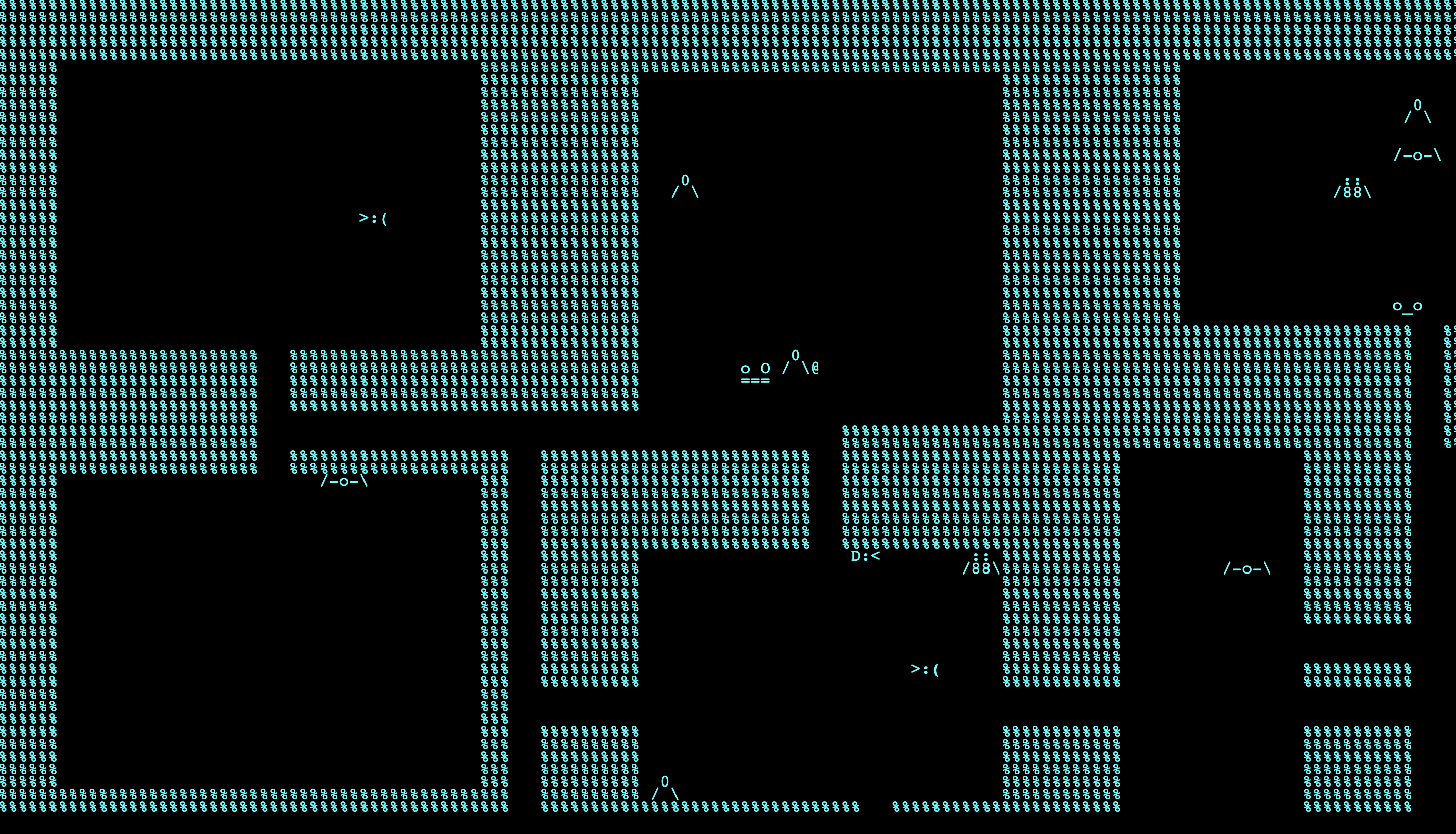Raymarching
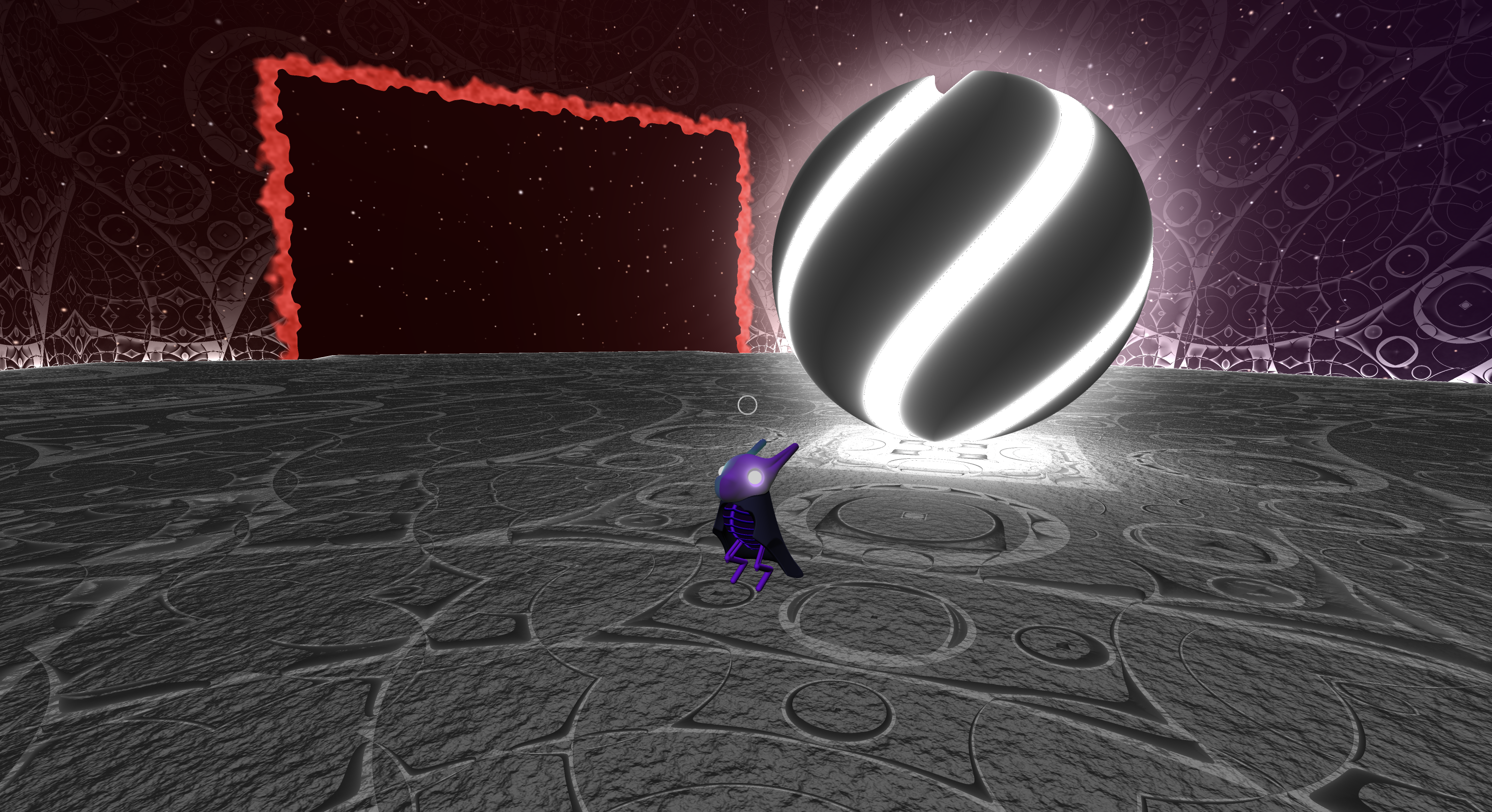
Jackrabbit
A splitscreen 2-player soccer game, rendered and animated with only signed distance functions and procedural patterns. The physics engine is also hand-made and based on SDFs.

Fridge
A 3d modeling software that uses SDFs. Instead of making polygon meshes, it creates parameterized 3d models, kind of like the 3d version of vector images.
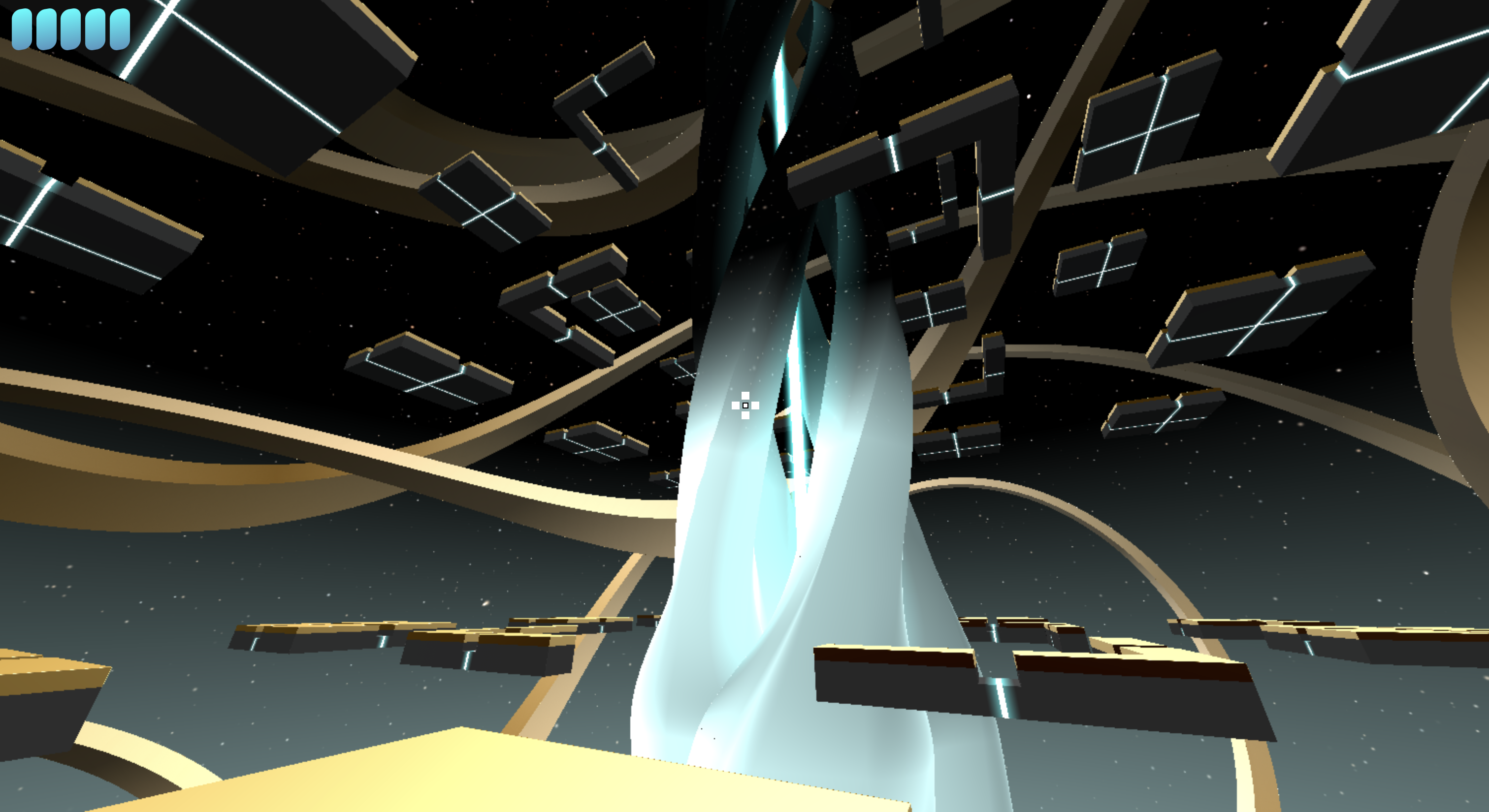
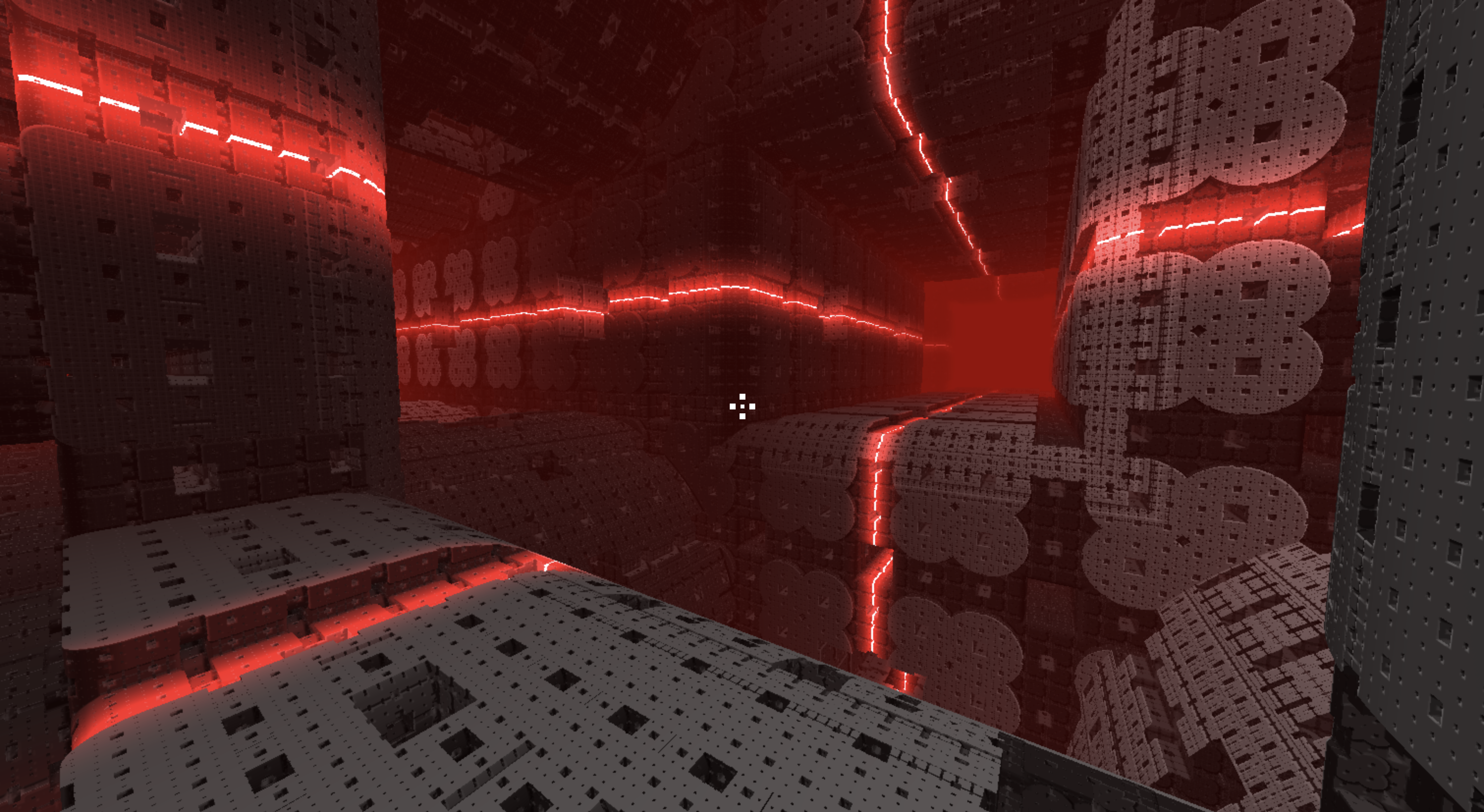
Ptica/Demos
A series of small games that I made to learn about different techniques in graphics programming.
